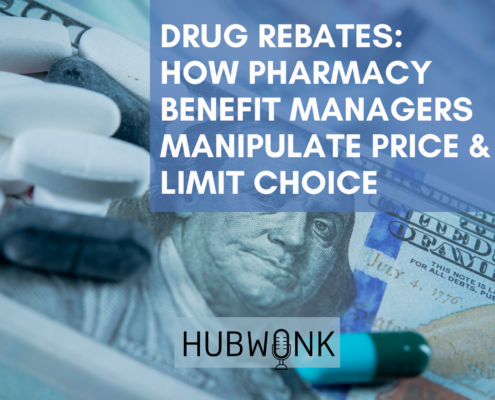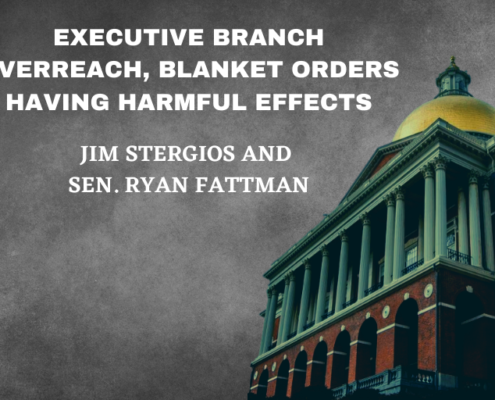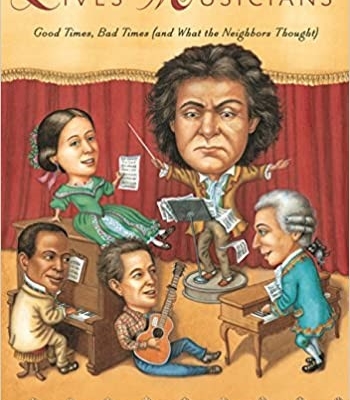Public Statement on Massachusetts’ Emergency Order Aiming to Curb the Spread of the Coronavirus
Governor Baker’s issuance of an emergency order is a wake-up call to recognize the extraordinary actions needed at this moment to stem the upsurge in coronavirus infections. It is also a reminder to be vigilant about our liberties.
Scientific evidence and international experience strongly suggest that a two- and even three-week period isolating residents is necessary to stop the virus from spreading further. We are pleased that the governor’s order exempted key sectors that are necessary to keep the economy going, and we believe that new care capacity must be secured to ensure that our hospitals focus on those most in need of specialized services.
The state and the country are learning in real time, and we believe that the South Korean model for containing this virus is worth close study. Early engagement of the private sector to ramp up viral testing combined with policies to isolate early infections and protect the uninfected at-risk populations may have slowed and even reversed the spread of the virus thus avoiding the actions taken here and in many states, which themselves will have severe impacts on individuals’ well-being. After the danger passes, we believe that the state and federal governments should engage a panel of experts with a clear mandate and a clear timeline to devise protocols to combat future outbreaks without such drastic impacts on life, economic prosperity, and liberty.
But in this moment we are living through, we urge all to demonstrate patience and isolate themselves for the good of the Commonwealth and its people.
Get Our COVID-19 News, Tips & Resources!
Related Content:











